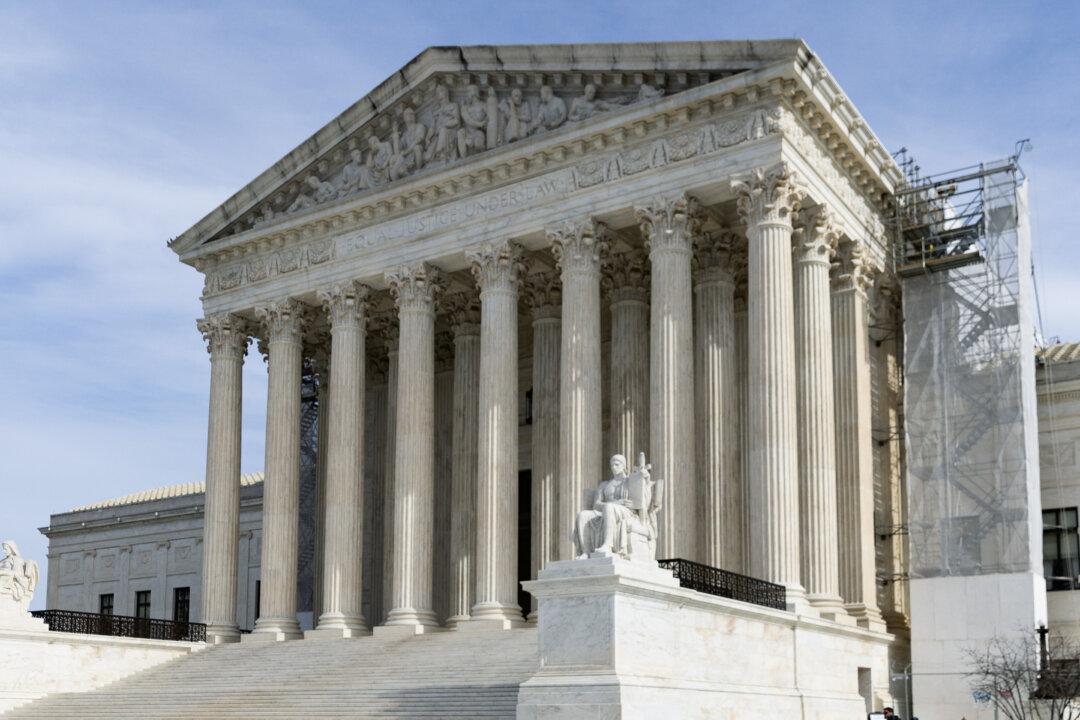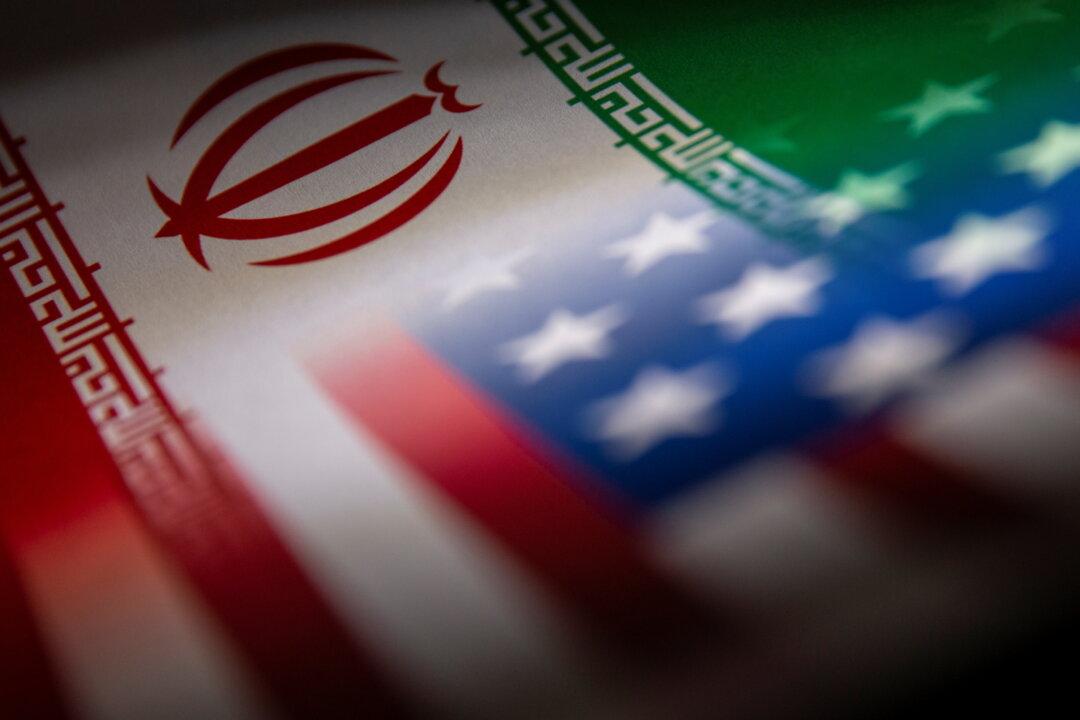Amalgamated Bank, with just five branches across three cities, and a market value lower than the net worth of many an individual hedge fund honcho, would seem an unlikely mover and shaker in the world of Wall Street, let alone Washington, D.C.
Yet last fall, it successfully pressured colossal credit card companies Visa, Mastercard, and American Express to use the financial system to track and report gun purchases. Amalgamated is “more than a bank,” says Michael Watson of the Capital Research Center. “It’s a bank for an ideological movement.”






